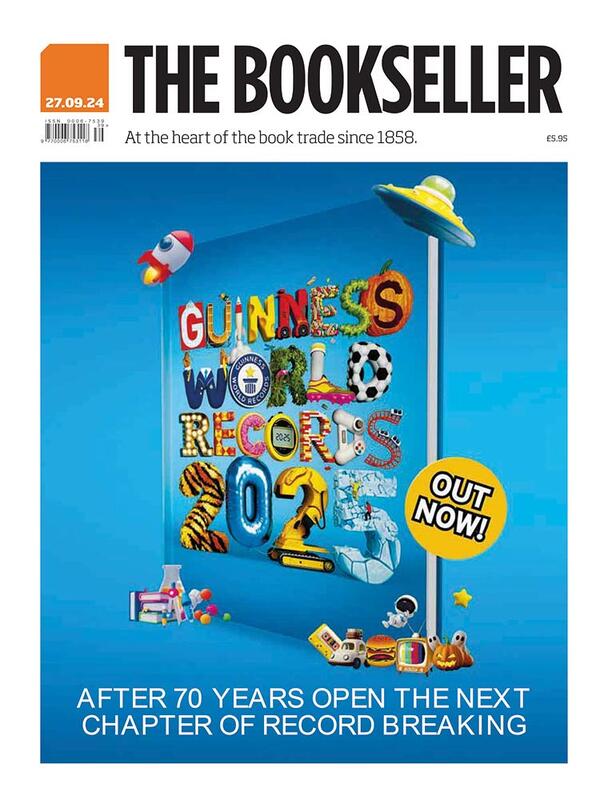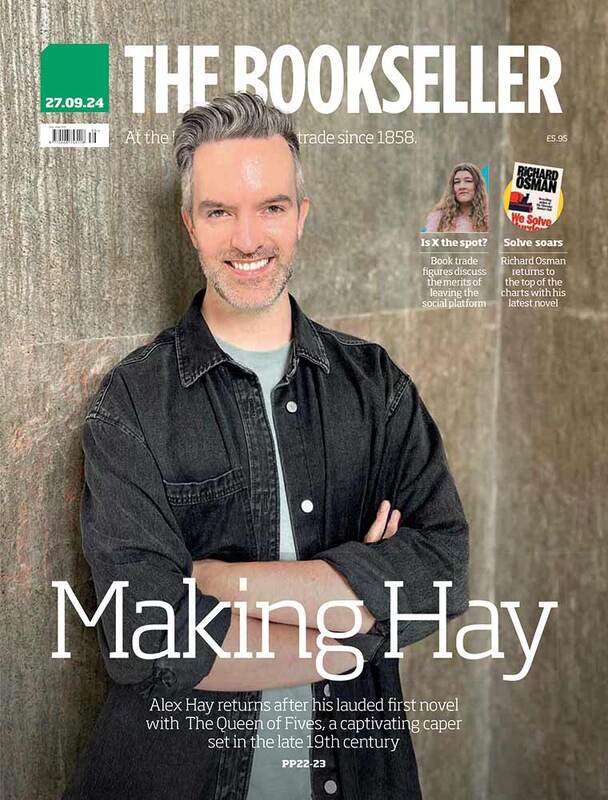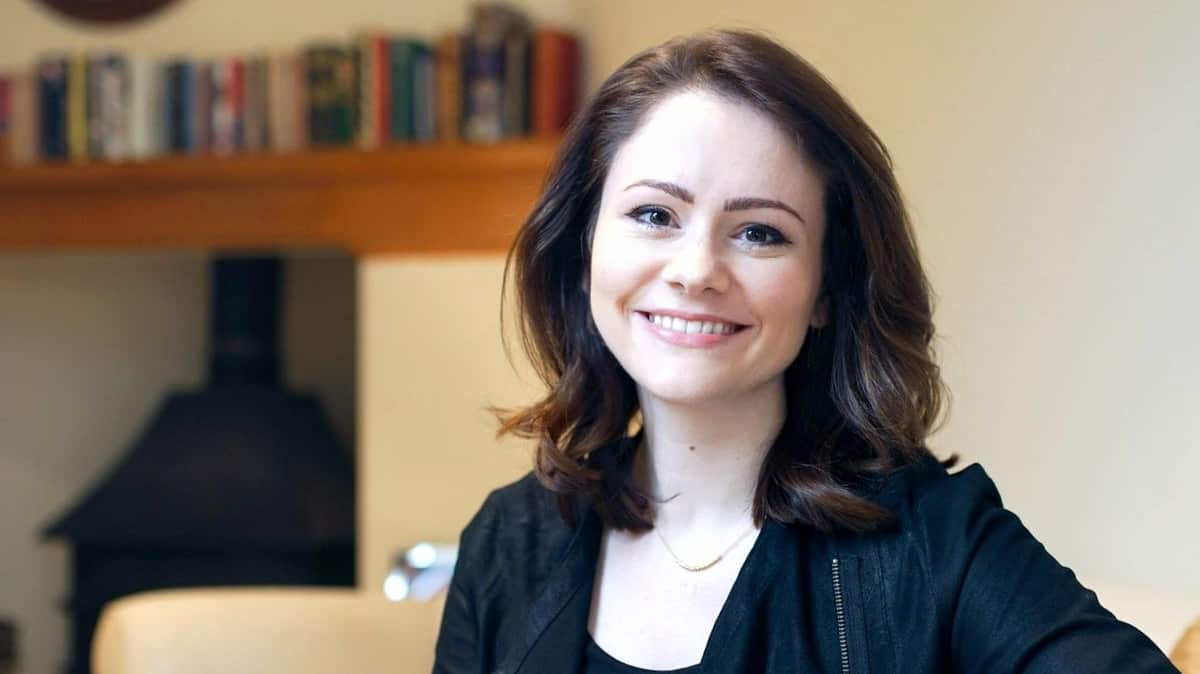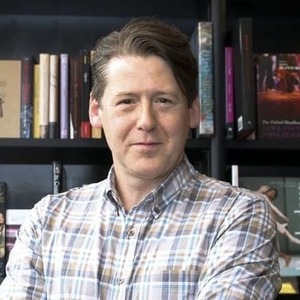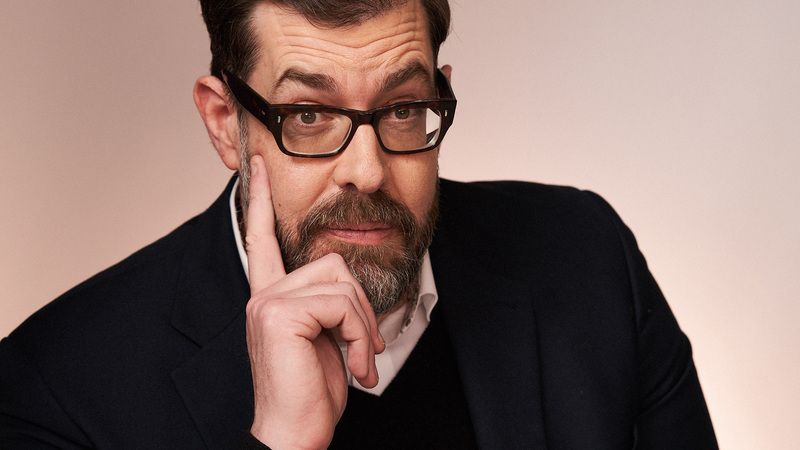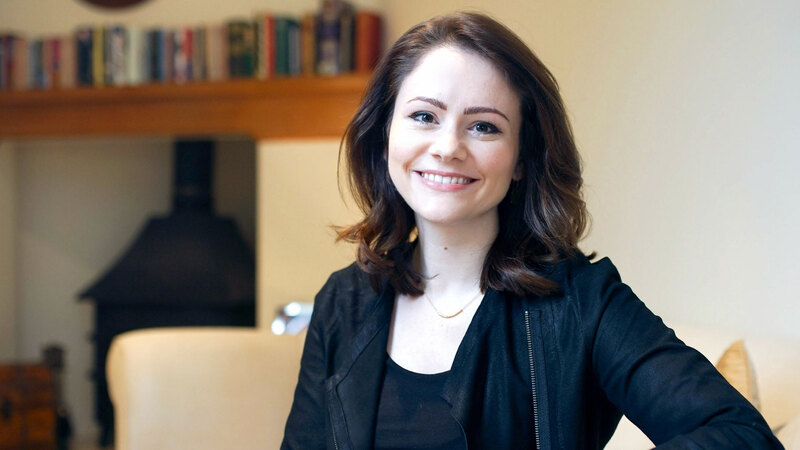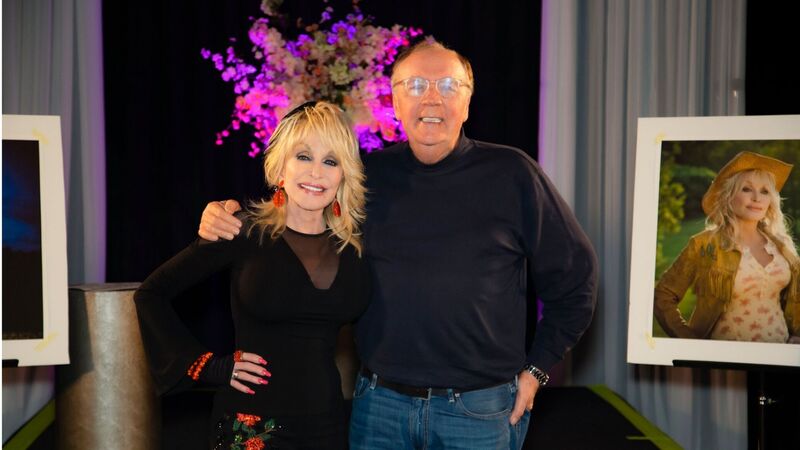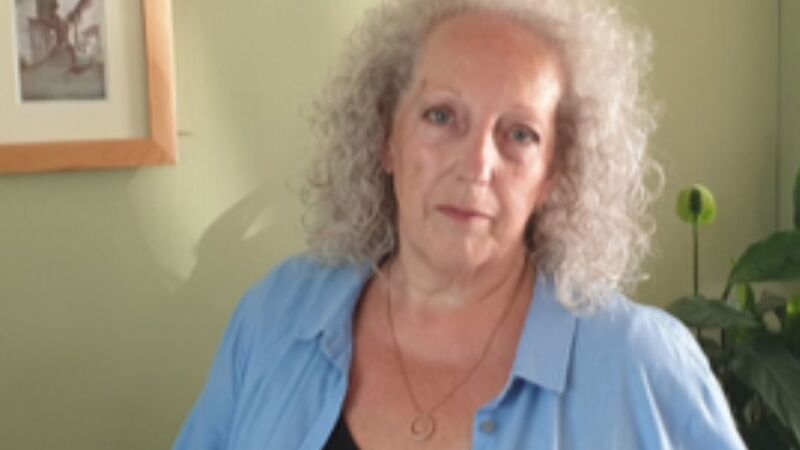You are viewing your 1 free article this month. Login to read more articles.
L J Ross | 'I love all of [being self-published], right down to the granular elements'
The bestselling indie writer on why the reader remains king, dabbling with the Big Five and taking creative control
You were due to be very busy at LBF, with six events scheduled across the three days. What is the pull of the fair?
I have been to LBF most years since I started publishing five years ago. This year I was planning on bringing more of my Dark Skies Publishing books to the trade. I had a packed diary of LBF events lined up; I hoped to talk about a lot of the same issues: what being an empowered author means, and discussing the various ways you can futureproof yourself as an author. I think this crosses boundaries, too, because whether you are an indie author, a hybrid, or you choose to publish solely with a traditional publisher, every one of us has to think about a number of things: marketing, connecting with your audience in the best possible way, and what is unique to you—how you can use your unique selling point to stand out in what is quite a saturated market.
You mentioned your own imprint Dark Skies, which you launched late last year. How has it been developing?
What’s been really encouraging is that we have had a warm reception from every corner of the industry: in the supermarkets, in the bookshops—both indies and high street chains. It has been everything that I would have wished for. My watchword has always been: the reader remains king, in whatever format they choose. Whether they want to read or listen to stories, it is just about them and Dark Skies was part of making more formats available to them. From a trade perspective, I’m very conscious to be as approachable and as active as I can possibly be to understand bookshops and what their needs are. What has been great also in speaking to people on the bookselling side is that we are very much on the same page in one regard: about being there for what the reader wants.
Were you not tempted to do physical publishing with a big house?
At some point or another my agent [United Agents’ Millie Hoskins] and I have had conversations with some big publishers—if not all of them. I have always approached them with an open mind, and I would never say never. But I always take what I think is the best option at the time. At this stage of my experience, and after being so long as an indie author, it is difficult to think about changing. Maybe this just comes down to a personality thing. Some authors would quite reasonably not want to take on managing all the systems and processes. It’s the difference of being self-employed or not. But I love running my own business and have access and oversight to all of those processes.
It has been a learning curve [with Dark Skies] and we had to learn a lot about all our new partners: the distributors, the booksellers, sales teams. But all of that is quite exciting. Could I hand over all of that? I’m not sure. I love all of it, right down to the granular elements—the data, working with the designers—and some people might not like it.
In your main series, DCI Ryan is something of an anomaly in crime fiction: His life is sorted out, he is in a happy relationship. Did you consciously work against the typical trope of a broken-down, on-the-edge detective?
It is very difficult to be different in crime fiction; the word original is, perhaps rightly, scarcely used in genre fiction. But when I was thinking about the sort of person I wanted to write, I did want a larger-than-life superhero character. But then I was always a big fan of Christopher Reeves’ Superman...
When I was first writing the first Ryan, Holy Island, I was working as a lawyer, doing things like prosecuting cross-border crime and dealing with these, er, difficult characters and kinds of people day in, day out, and I wanted to turn to more uplifting fiction. You need that escapism, so when I was thinking about who to write about, I wanted to have someone with this kind of immovable moral yardstick, who was so utterly dependable that it was comforting to read because you know there will be an outcome that is “right”—or at least, “right” to him. In life, so seldom does this happen. I think that is the joy of reading stories like this.
Lee Child passing the Jack Reacher baton to his brother made me wonder whether readers gravitate more to the character than the author in crime fiction...
There’s a lot to be said about that. Some of the feedback I hear from my readers is that they refer to the characters as friends, as if they are like real people. That is a great compliment for a writer to be paid, that they consider your characters to be almost real.
I do base some of my characters on real people. I am reliving my grandfather through [DCI Ryan sidekick] DS Frank Philips with his body type,mannerisms, all his old phrases. So there is a sort of texture to him that I see really clearly in my mind. You are sharing a kind, loving personality of someone who was once with us. And I think that people can recognise, even in part, that he’s someone like they have known in their lives.
What is coming up for you in the next year or so?
Oh my goodness, it’ll be very busy. This year there will be more of the bookshop editions and there will be events with that as well. There will be a couple more Ryans, some more in my DS Alex Gregory series, and another title out in August with new characters. I won’t really say it’s a standalone, however: the characters will change but there will be recurring themes and strong female protagonists. They will not be as dark as the Gregorys, and not as mainstream as the Ryans.
And there will be work with my non-profit commitments. One of the things we are hoping to develop and work with other non-profits on, is a tool for loneliness that plugs the gap between what already exists. For example, The Reading Agency does amazing work with libraries on this, but when I say plug the gap, we are thinking that a lot of that work depends on people being mobile. Is there a way we can develop the technology that people might have in their homes to reach out to those who aren’t mobile and encourage more engagement in their communities? But it will be books that will be the catalyst for that, because books get people talking.
DCI Ryan is based in your native Northumbria. Did he sort of draw you back home?
I did start writing Holy Island in London. I think I was craving the quiet of Northumbria. I had lived 11 or 12 years in London and I had enjoyed it, but I was getting to the stage where I was just looking at the pavement and not the sky. I grew up in a lovely place but in that classic way, never really appreciated it until I grew older and moved away. So I found myself writing stories that harkened back to my old county and I thought, “It’s time to move back.”
L J Ross’ latest novel, Impostor, is out now on Kindle and as a paperback (9781912310517) published by the author’s own Dark Sky list.

